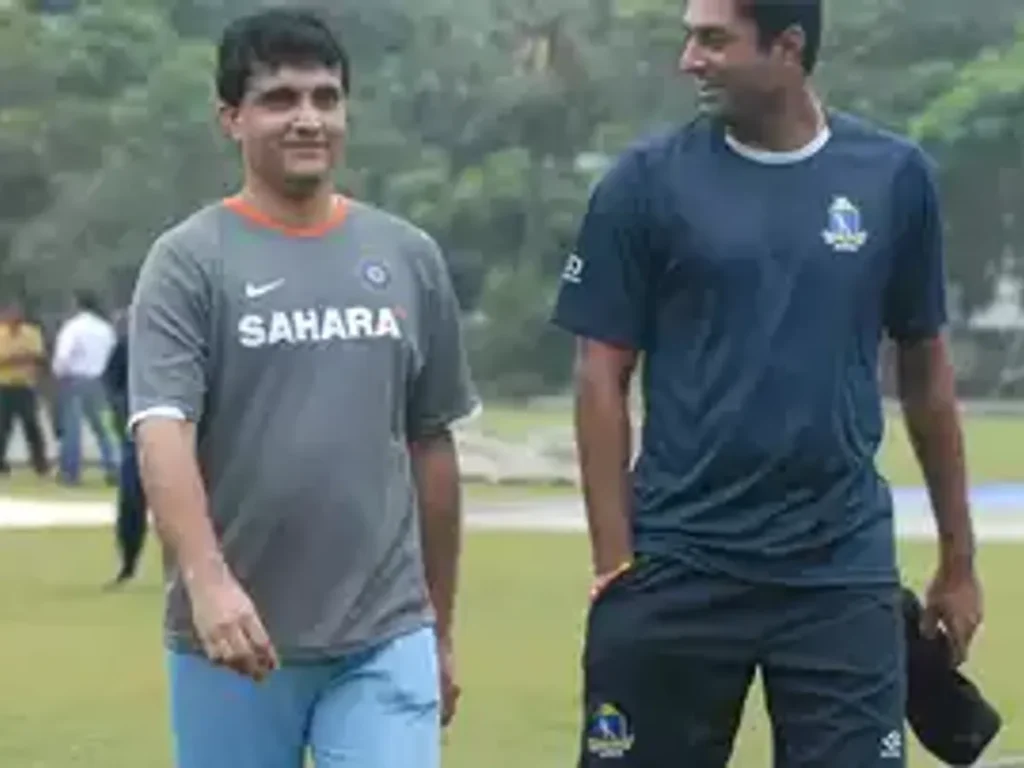
PC: google
West Bengal’s Kolkata is the birthplace of Indian first-class cricket player Ranadeb Ranjit Bose. The date of his birth is February 27, 1979.He bowls with a medium pace right arm and right-handed batsman. He was a Ranji Trophy player for Bengal. In the 2000–01 season, Bose made his first-class debut for Bengal, and his steady performances soon drew the interest of selectors. Jason Gillespie and Ranadeb Bose were once compared, although Bose never liked comparisons.
Standing at six feet two inches, his success at domestic cricket gained him a spot in Bengal’s Ranji Team,, where he went on to show off his skills. In the early 2000s, Bose was regarded as one of India’s most promising fast bowlers. Bose was called up for the first time to the Indian national squad and was part of India’s squad on the 2007-08 tour to England, however, he couldn’t make into India’s eleven.
With an average of 51.14, he took seven wickets in his meagre four Test outings. Bose maintained his success in domestic cricket even though he had little opportunity to play for his country. In the 2006–07 Ranji Trophy final match against Mumbai, he claimed eight wickets. In the Indian domestic 50-over competition, the Vijay Hazare Trophy, from 2004 to 2005, he tied for the most wickets taken. With 10,708 balls bowled in first-class and club matches without overstepping, he now holds the world record. During the domestic 2006–07 season, Bose amassed 57 Ranji wickets in eight matches, five-fors in five consecutive games, and six wickets overall. He also added two 10-wicket and three four-wicket hauls to his total. In a single Ranji season, just five bowlers have claimed more than 57 wickets.Bose had bowled 10,658 first-class deliveries by the end of the 2006–07 season, without bowling a single front-foot no-ball.
Along with other bowlers, he developed powerful combinations that were instrumental in Bengal’s success in domestic cricket. At an average of about 28, he took over 300 first-class wickets throughout his career. Bose’s career was hindered by injuries and fitness concerns, which had an impact on his performance and reduced his opportunities to compete at the top level. He continued to play Bengal with distinction and remained committed to the game despite the setbacks.
Bose moved into coaching after quitting professional cricket with the goal of developing young players and imparting his wisdom. He has worked with age-group teams and aspiring cricket players in Bengal among other coaching projects. Even though Ranadeb Bose did not have much success in international cricket, his commitment to his state and his performance on the domestic scene made him a terrific player and a valuable asset to his state.




